AmirHossein BozorgKian
I help businesses accelerate growth with Agile mindset and scalable software solutions
Becoming Data Driven in the World of Product
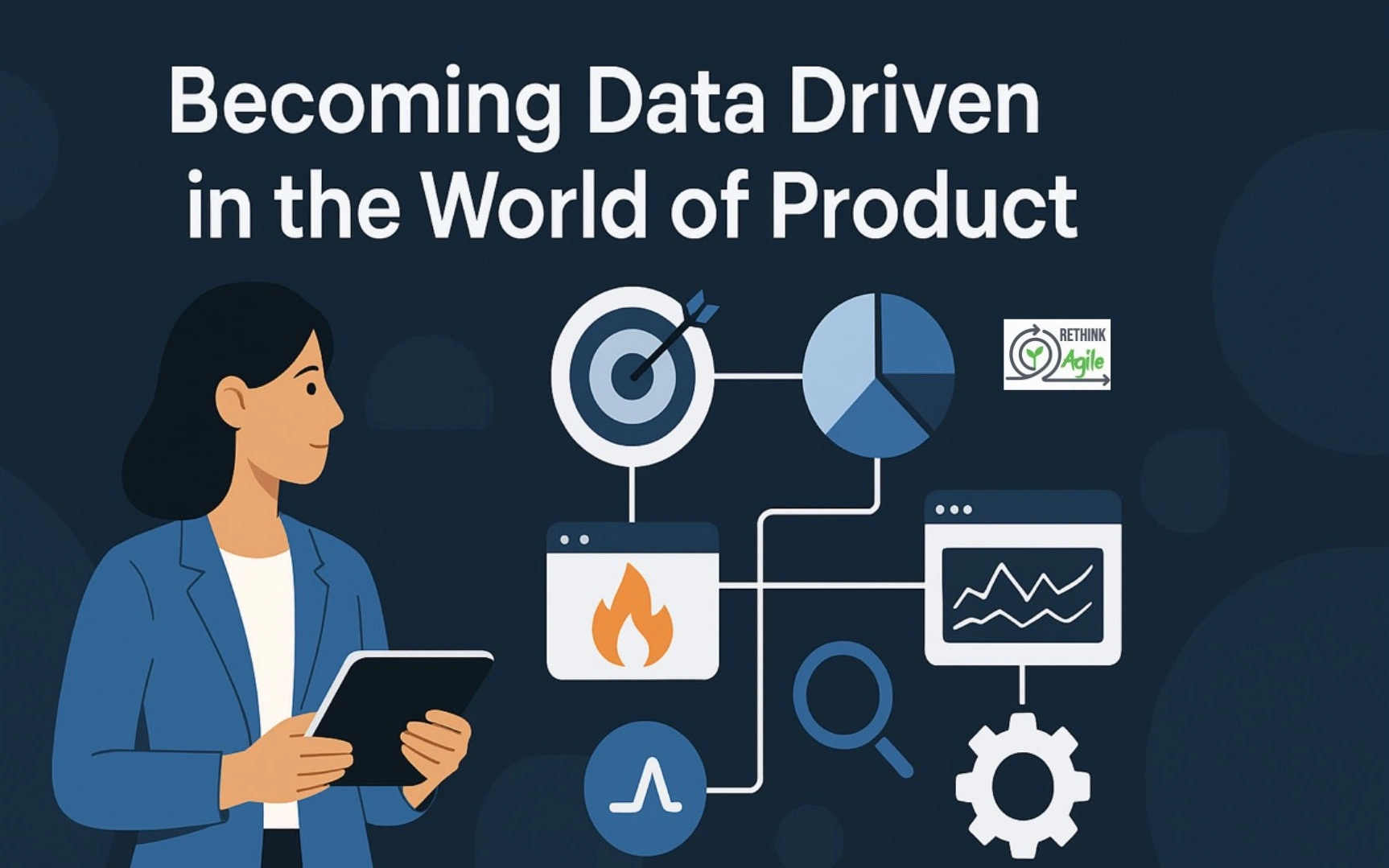
Being data driven means turning observation into decision, and decision into learning. In today’s fast-changing product world, relying only on personal experience or intuition is no longer enough. Successful teams have learned to measure their growth through real evidence (not through assumptions). There are three essential steps in becoming data driven: In the previous article,…
Intelligence, Decisions, and Data: The Golden Triangle of Product Management in the New Age of Analytics
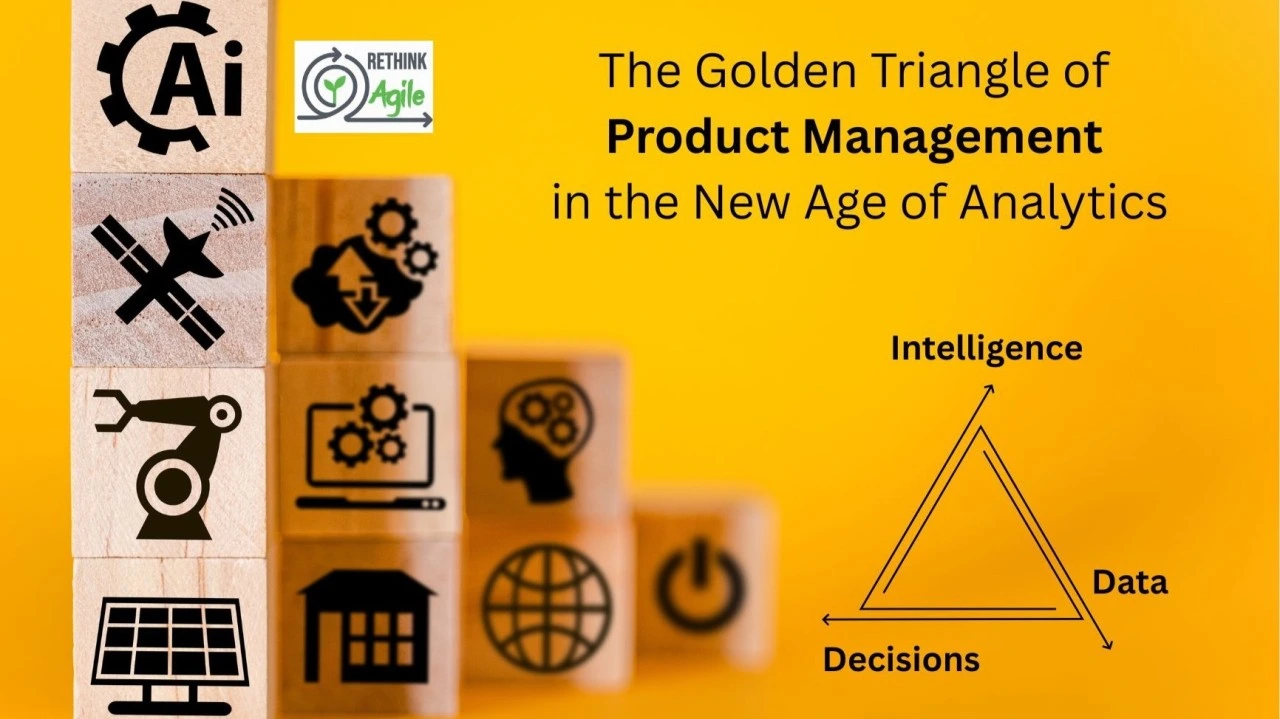
After the year 2000, the software industry entered a new era. Products that were once built only for internal company use gradually turned into products used directly by people. This change was not just technical—it also changed the way we think about building software(applications). The goal was no longer just delivering a project. Learning from…
The Rise of the Agile Delivery Manager: Shifts in the Job Market
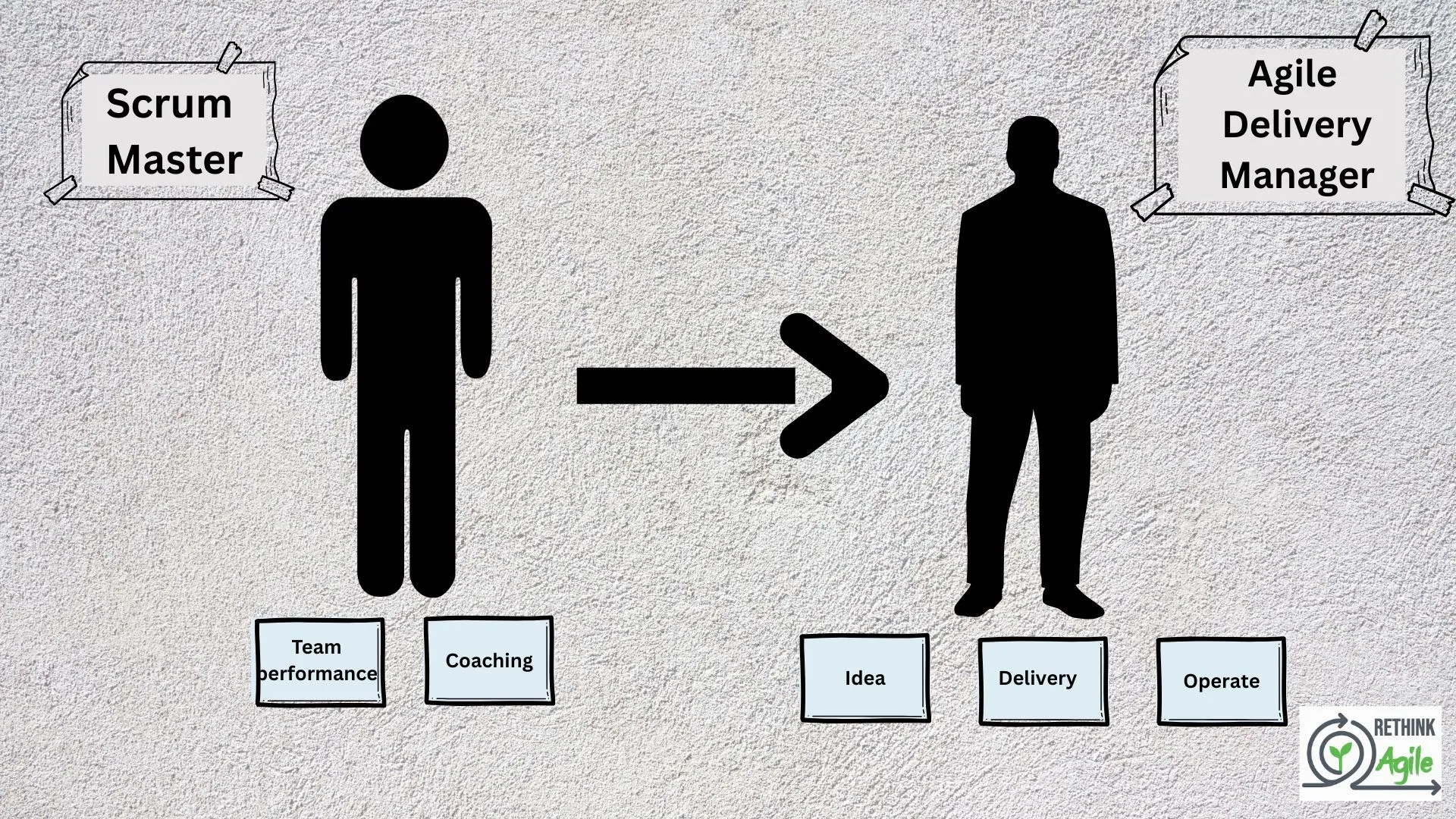
The job market in the tech industry is no longer what it used to be. A few years ago, it felt like a massive party full of opportunities. Companies were hiring at record levels, fueled by cheap capital and rapid growth. But today, the landscape looks very different. From Peak to Decline Between 2012 and…
Russian Roulette from Top Management to the Product Team

In the world of product development, everything starts with a decision — a decision about what should be built. But when this decision is made without a clear vision, without a strategy, and without a product goal, it’s no longer a real decision. It becomes a blind shot in the dark. Just like Russian roulette…
Is Your Daily Scrum Really Working?
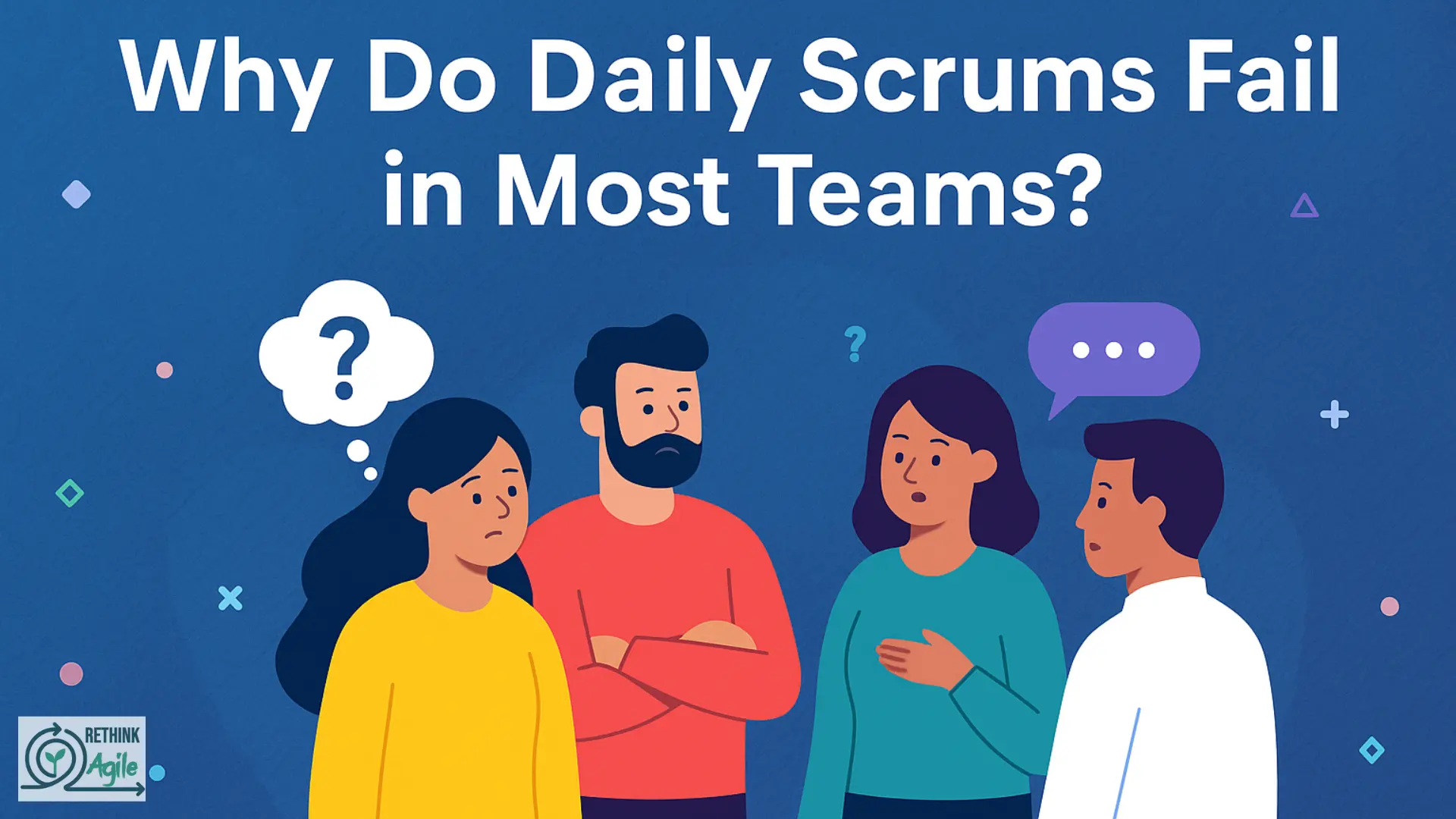
A guide for teams who want to turn a 15-minute meeting into a true team advantage The Daily Scrum is one of the shortest but most impactful parts of the Scrum framework. It only lasts 15 minutes, but it can set the direction for the whole team’s day. However, many teams run this meeting the…
In Uncertain Conditions, the Emphasis Is on Learning, Not Production
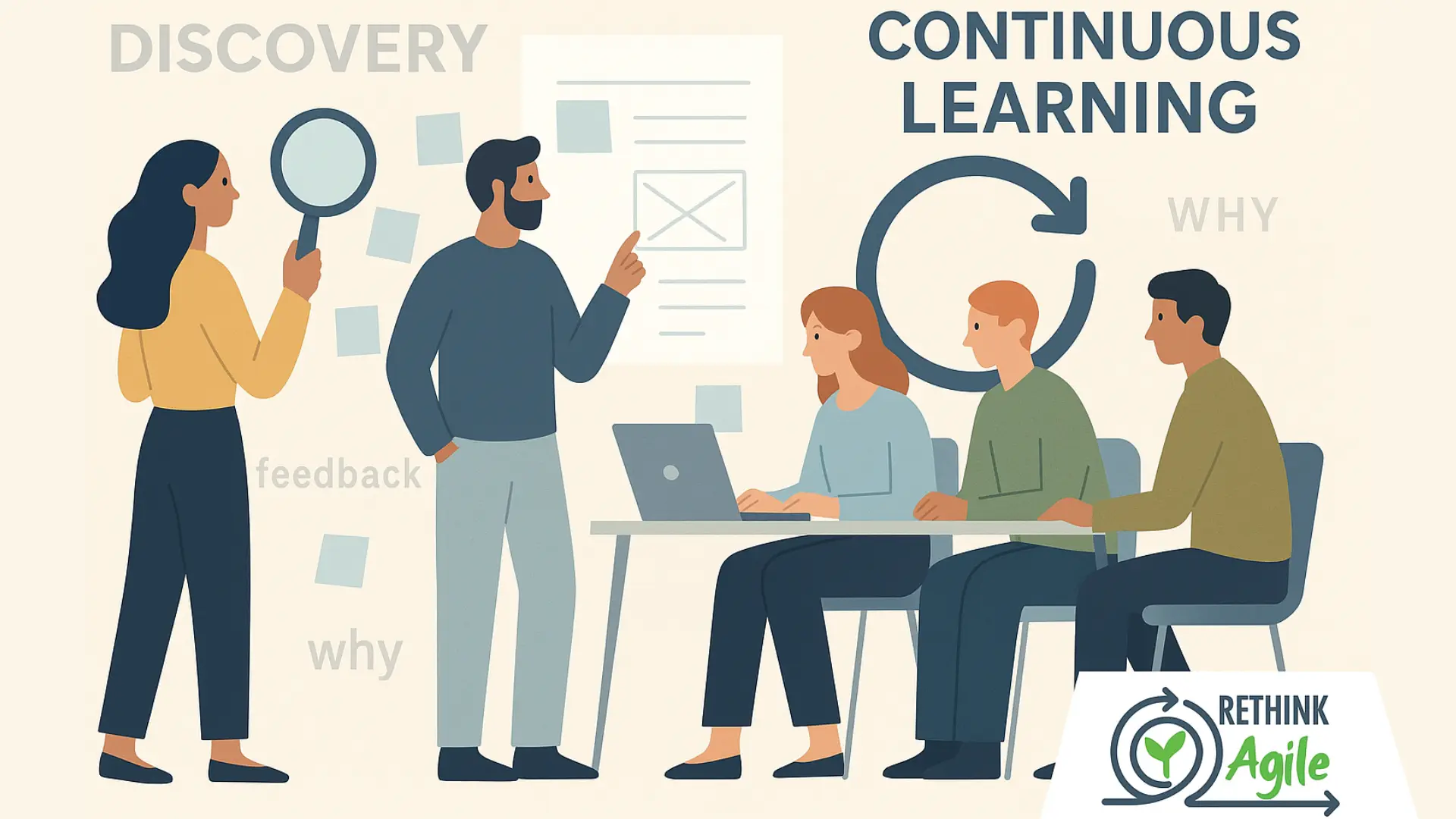
A short while ago, in one of my conversations, a topic came up that has always been a challenge for me: Should we take action quickly, or should we first dedicate enough time to learning and discovery before making any move? In that discussion, many defended the concept of “Fail Fast” — failing quickly to…
Thriving in Uncertainty: The Agile Product Operating Model (APOM) – an Evidence-Based Approach

A recent white-paper published on Scrum.org discusses the Evidence-Based Approach and introduces a new model called APOM (Agile Product Operating Model). The paper tries to show that in today’s world, decision-making based only on gut feeling or past experience is no longer enough. Organizations need to rely on real data and evidence. APOM: https://www.scrum.org/resources/agile-product-operating-model-apom-evidence-based-approach Fast…
The Impact of Technical Skills on Product Owner Success

One of the most common questions in the Agile community is whether a Product Owner (PO) needs technical knowledge or not. Some people believe that the more technical a Product Owner is, the better they can guide the team, understand problems early, and make sharper decisions. On the other hand, some argue that when a…
The Soham Parekh Syndrome

The Soham Parekh Syndrome: Breaking Trust, Losing Psychological Safety, and the Commitment Crisis In recent days, the story that led to what I call “The Soham Parekh Syndrome” has sent shockwaves through the tech and startup world. An engineer working simultaneously for multiple remote startups, without transparency or full commitment — a situation that goes…
The Product Owner Role: Responsibilities and Challenges

The Product Owner is one of the most essential and important roles in the Scrum framework and the Agile world. This role is responsible for maximizing the product’s value for both users and the organization and guiding the team in the right direction. However, in practice, this role is not always simple. Differences in products,…
